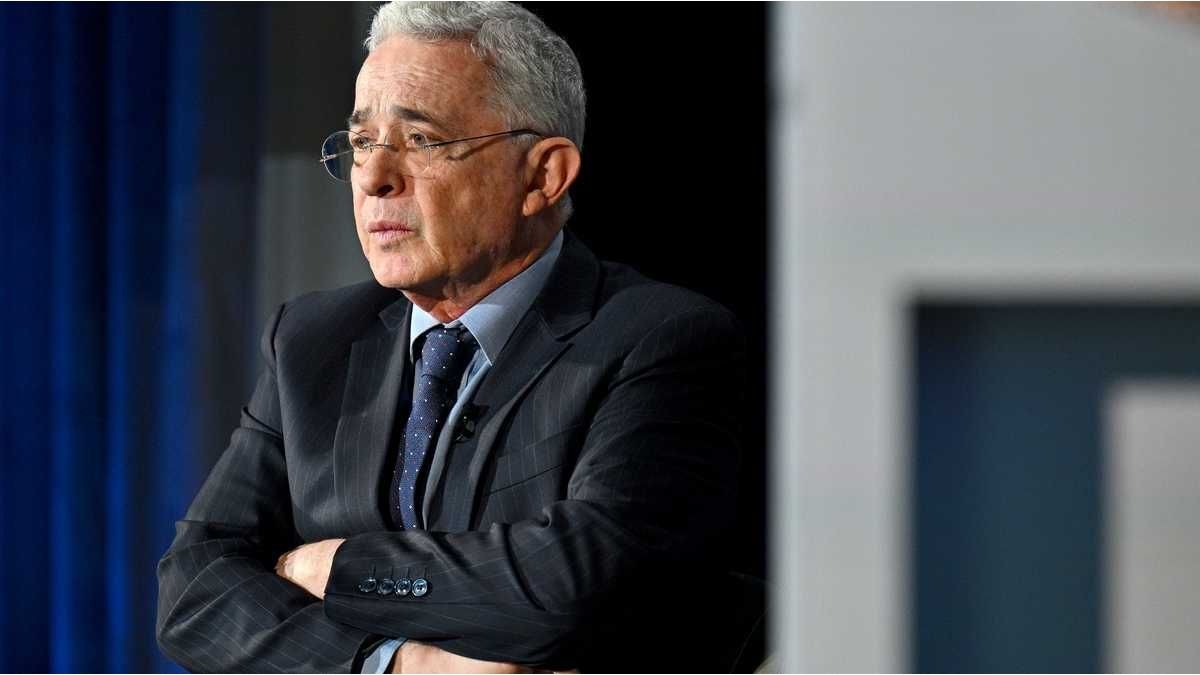Daimler also wants to sell hydrogen trucks in the future. For this you need the fuel. The commercial vehicle manufacturer is now considering how it can get to Europe.
The commercial vehicle manufacturer Daimler Truck and the Arab energy company Masdar are examining a cooperation to supply hydrogen from renewable energies to Europe. To this end, the companies signed a declaration of intent, as Daimler Truck and the state-owned company Masdar announced. The agreement supports the United Arab Emirates’ (UAE) goal of becoming a leading producer and supplier to the low-carbon hydrogen market by 2031.
According to Daimler Truck boss Martin Daum, the main aim is to develop business models around hydrogen and thus be able to make hydrogen available to customers. Daimler Truck wants to act as a “catalyst” to help solve a “chicken-and-egg problem” of unavailable hydrogen trucks and the lack of the necessary fuel, he said.
“We definitely won’t operate a ship ourselves, nor will we build a pipeline,” said the manager. Own investments are not the focus of the planned cooperation. “But we have a lot of know-how and can offer an interface between the customers and major customers of Daimler Truck and the hydrogen supplier.”
Daimler Truck makes most of its money from the truck itself. “I can imagine offering a fuel cell truck with a hydrogen package,” he added. By 2030, the truck manufacturer wants to sell a five-digit number of emission-free vehicles in order to comply with EU emissions rules.
Two-pronged strategy
The truck manufacturer is pursuing a two-pronged strategy of battery-electric vehicles and hydrogen-powered fuel cells to reduce CO2 emissions. Because of the long possible ranges, these should be used in heavy-duty transport, particularly on long-haul routes. The Dax group has founded a joint venture with its Swedish rival Volvo for fuel cells. The Cellcentric joint venture is to build a battery cell factory in Weilheim/Teck (Esslingen district).
Federal Economics Minister Robert Habeck (Greens) agreed on deliveries of so-called green hydrogen to Germany during a trip to the Gulf states in spring 2022. These are initially seen as a test run to establish a hydrogen value chain between Germany and the UAE. Green hydrogen, which is produced using electricity from wind and solar power, is intended to help reduce climate-damaging CO2 emissions from the combustion of fossil fuels and thus combat global warming.
Source: Stern




